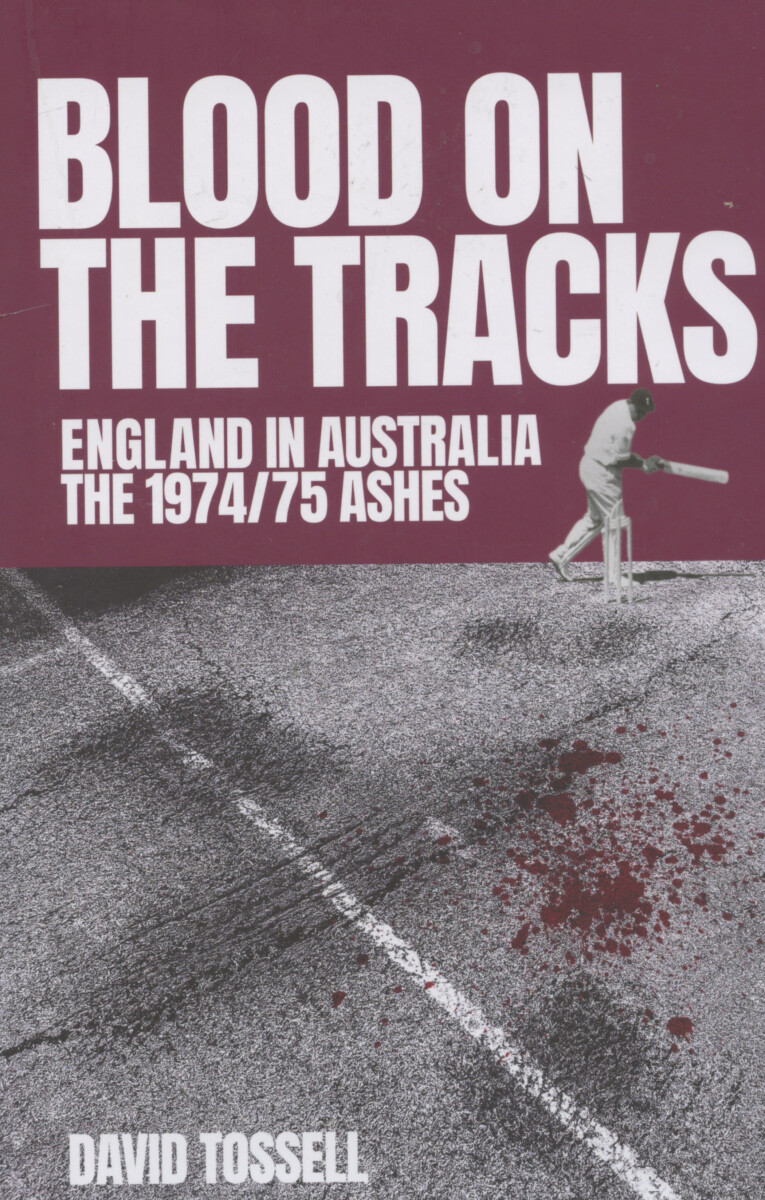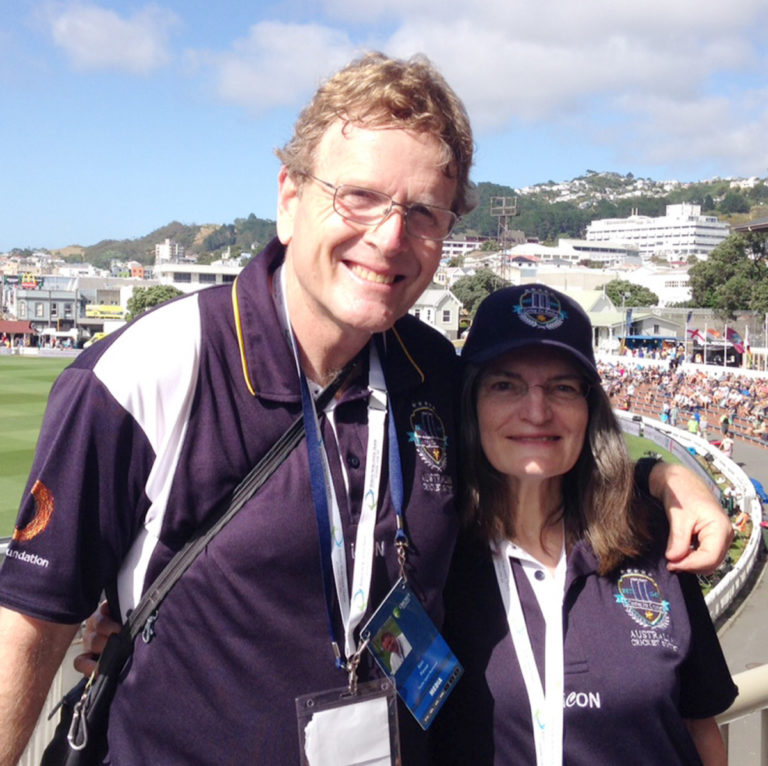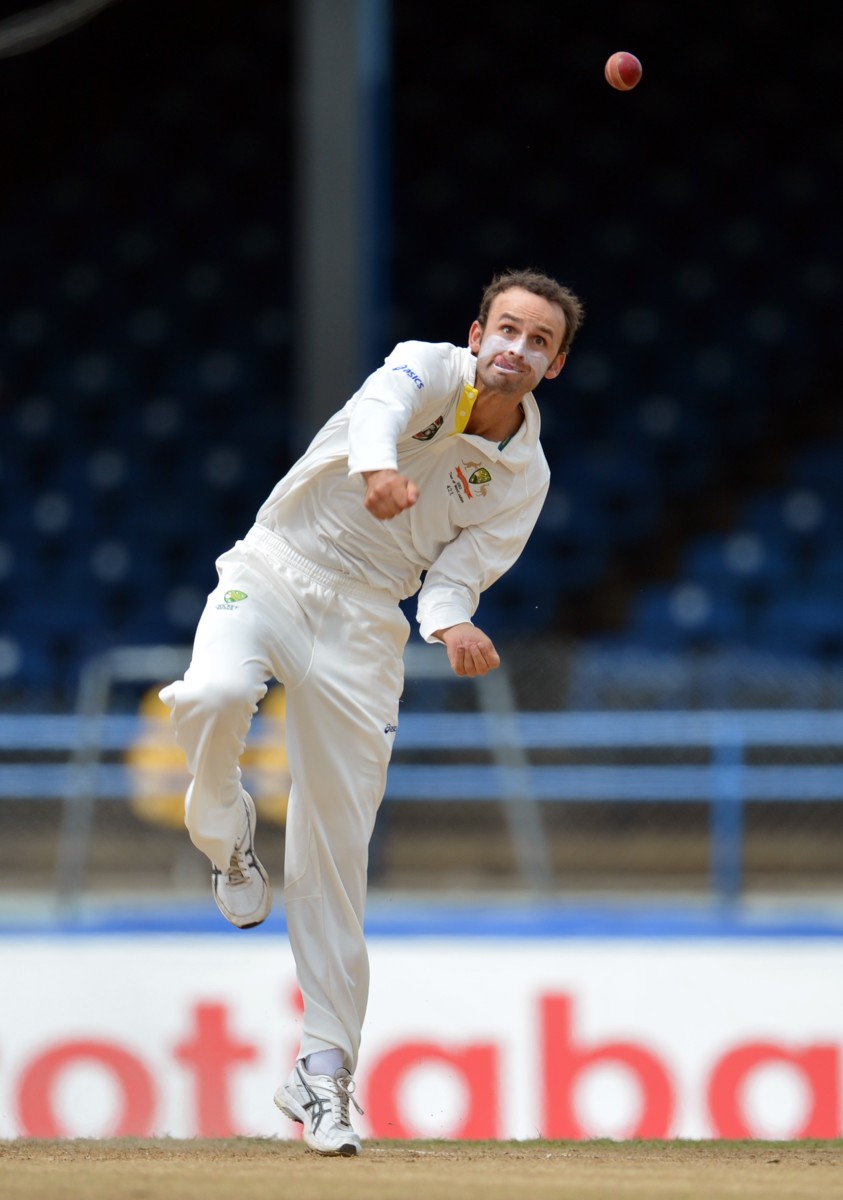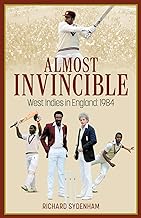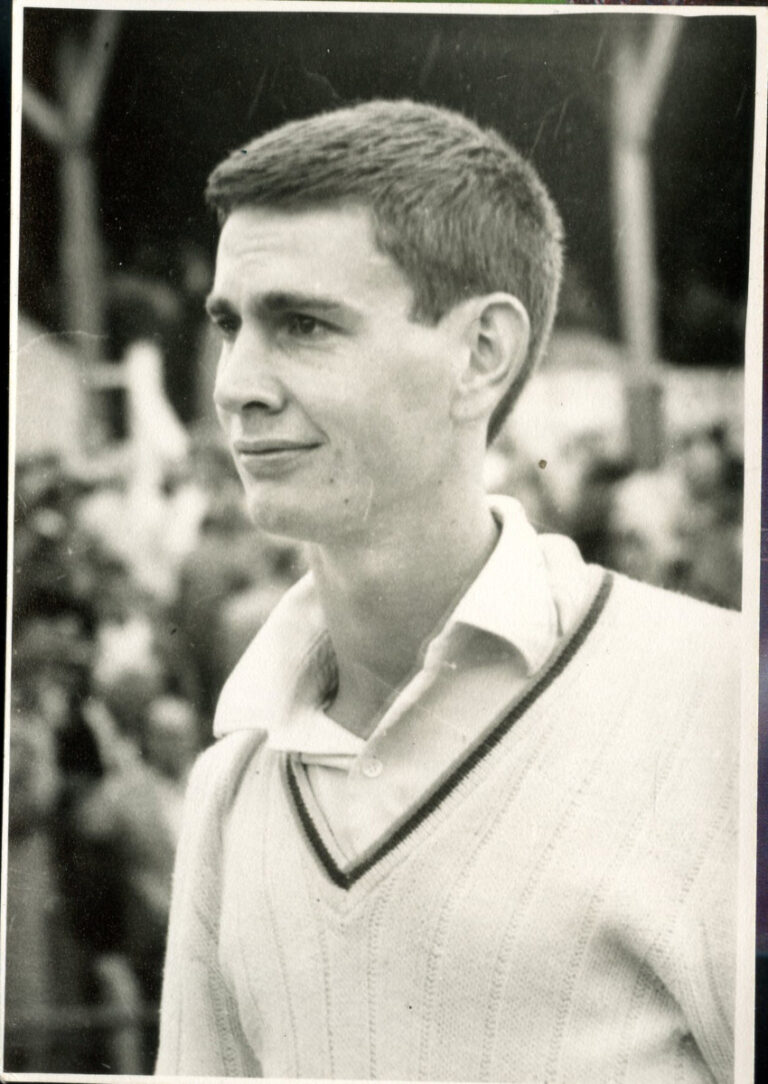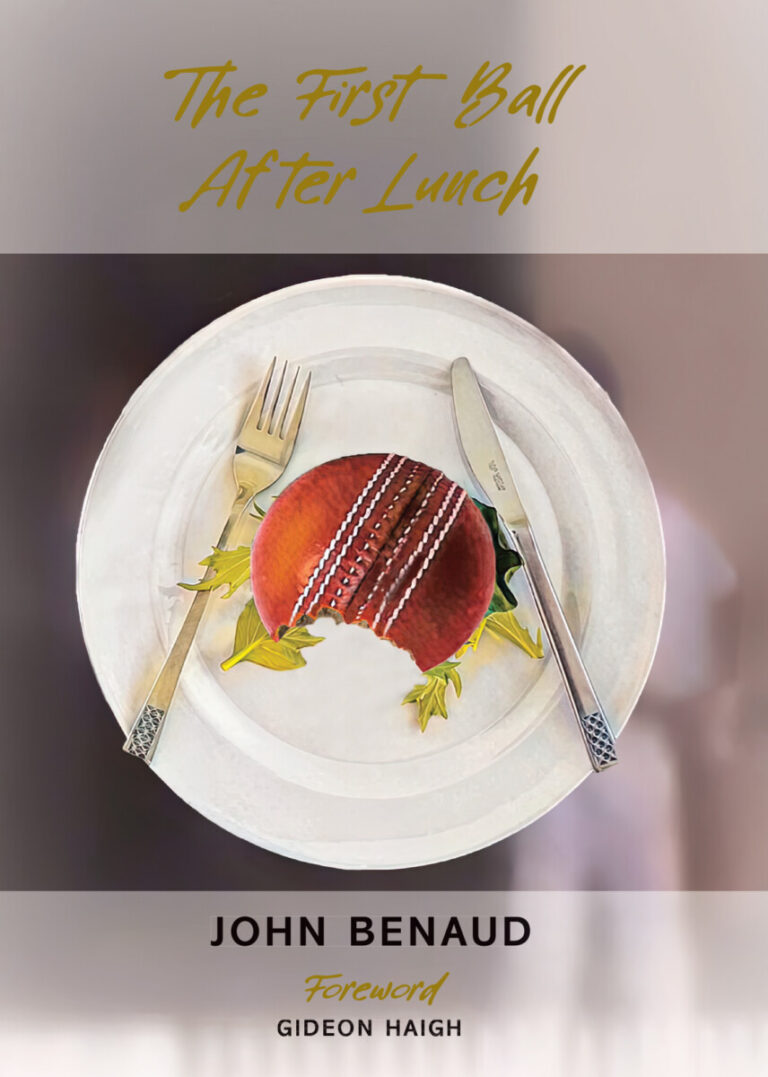
News
ROSS TAYLOR’S CLASSIC LIFE STORY
Ken Piesse’s review of BLACK & WHITE, by Ross Taylor
Ross Taylor deserves to be recognised among the new Millennium’s most outstanding and celebrated cricketers.
No New Zealander has played more internationals, amassed more 100s or scored more runs across multi formats.
 A decade into Taylor’s distinguished career, his much-loved mentor, a then very ill Martin Crowe told him there was nothing more he could teach him. He trusted in him and it had been his privilege to have enjoyed his unwavering faith and friendship.
A decade into Taylor’s distinguished career, his much-loved mentor, a then very ill Martin Crowe told him there was nothing more he could teach him. He trusted in him and it had been his privilege to have enjoyed his unwavering faith and friendship.
Shortly before he succumbed to cancer, Crowe penned a message to ‘the son I never had’. A teary Taylor first read it on the eve of the 2015-16 WACA Test match in Perth and went out and made 290, the highest score of his mighty career.
Ironically Crowe had initially thought Taylor to be little more than a ‘dirty slogger’ and was always reminding him to play straighter.
In a bid to improve his Test record and be the record-breaker Crowe believed he could be, Taylor walked away from lucrative IPL and T20 franchise monies. He learned to bat on his toes, like Crowe, and pace himself, especially early in his innings.
While elated to have made a 290 in a Test, especially against Australia – and its pace trio of Johnson, Starc and Hazlewood – he rates it among his top five Test knocks… but no higher. The innings he particularly cherishes is his 142 against Sri Lanka in Colombo in 2012, when he was captain. Coming in at 2-14, he and fellow centurion Kane Williamson added 262.
Crowe would regularly remind Taylor that no matter his achievements, he’d always be No.5 in NZ’s greatest all-time Test team, as he was a lock at four!
Black & White, Taylor’s life story is warm and compassionate, his journey from unpretentious bush town Masterton into NZ’s elite teams, across all three levels, a triumph of talent and resilience.
A two-time winner of NZ’s highest individual award, the Sir Richard Hadlee Trophy, Taylor also captained his country in 14 Tests before being unceremoniously sacked.
Taylor says it would have been easy to have walked away from the game, so hurt, distraught and disappointed was he.
But it so toughened him, he was able to extend his career into his 38th year. And average almost 40 in Tests even after a serious eye operation at Christmas 2016.
In 2021 when NZ won the World Test Championship against India at Southampton, he hit the winning runs, batting alongside his captain and long-time ally Williamson.
Ironically, leading into the biggest game of their lives, he and Williamson had told each other of their feelings of self-doubt. ‘Kiwi cricket fans would have been aghast if they’d known that on the eve of the WTC final, their numbers three and four, their most experienced batters and highest scorers, were telling each other how insecure they were,’ he said.
Come the championship final, Williamson made 49 and 52 not out and Taylor 11 and 47 not out.
In retirement, Taylor hopes to encourage more Polynesians to play cricket.
He says he was often racially abused, both for being black and for being white. But he never allowed the taunts to unsettle him or interfere with his on-field focus.
The abuse which grated most came from two young kids, in a pink-ball Test at Perth Stadium in 2019.
‘I’d never struck anything like it,’ Taylor says. ‘Being trash-talked by a couple of five and six-year-old feral kids, yelling, “You’re f… shit Taylor” and “Quack, quack, quack – see you in two minutes.”’
Joining Williamson in the middle, he asked, ‘did you get that reception? Did you have the kids abusing you?’
‘Shit yeah,’ he said.
They were to add 76 at a crucial time, Taylor going to stumps at 66 not out, another mighty knock.
Taylor, a father-of-three, regards his family as his rudder, his everything.
‘My Dad had three parenting rules: no drugs, no motorbikes and take your time when batting. Grandma Sylvia would look after us when Mum and Dad were working. She was an even bigger supporter. She drummed two things into me: be humble and at the start of an innings, look for a single down the ground to get under way…’
His wife, Victoria, was also a cricketer and was known to occasionally give her husband a pep talk when she felt it necessary.
Black & White is a riveting read and takes some unlikely turns, including an occasion in a Delhi hotel lift where Taylor tired of David Warner’s verbosity, put him in a headlock and ‘gave him a few jabs to the melon’.
’But we’re all good now,’ he says.
Having received his richest-ever IPL contract, Taylor missed out at Mohali one night and upstairs at the team ‘after match’, was slapped in the face three or four times by one of the owners of the Rajasthan Royals. ‘Ross,’ said the gent, ’We don’t pay you a million dollars to get a duck.’
He was in the rooms when Shane Warne paid out on the team after a collapse, and again the next night, when he apologised, realising he’d been too emotional.
‘After all boys,’ he said. ‘It’s just a game of cricket. Tomorrow morning the sun will rise and I’ll wake up beside Liz Hurley.’
Taylor believes IPL cricket was a major factor in changing the psyche of NZ’s leading players.
‘It stripped away much of the aura that surrounded big name players from other countries,’ he said.
‘They weren’t superhuman. Yes they were world class players. Yes they were better than us, but not by much.’
A regular theme throughout the book is Taylor’s love of food, especially KFC and when he made his epic 290, Kiwi commentator Ian Smith organised a $290 KFC voucher for his mate.
Taylor was NZ’s captain in Hobart in 2011-12 when the Kiwis won for the first time in Australia since Martin Crowe’s day in the mid-’80s.
Had he been more assured at press conferences and trusting of the media, his captaincy stint may have been longer and more successful.
But, as he says to his ghost-writer Paul Thomas, his twilight years would never have extended so long, or been as rewarding.
Of his own longevity, he says: ‘When you bat for a living,’ he says, ‘a series of bad scores are inevitable. It’s critical how you bounce back. You have to trust your game and have self confidence.
‘Everyone has stuff, good and bad, going on in their lives. At the end of the day, though, you’ve got a job to do: make runs… you’ve got to find a way.’ – KP

